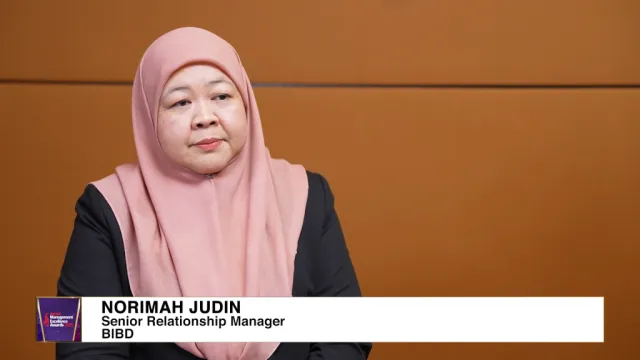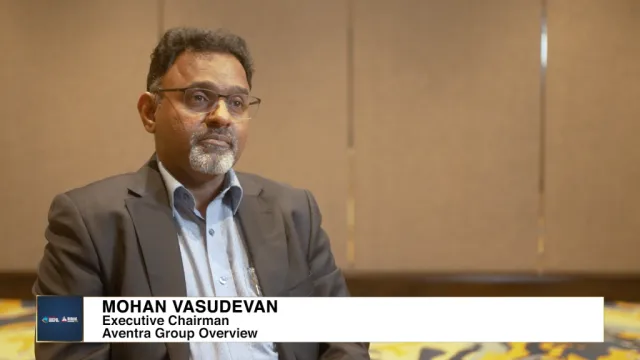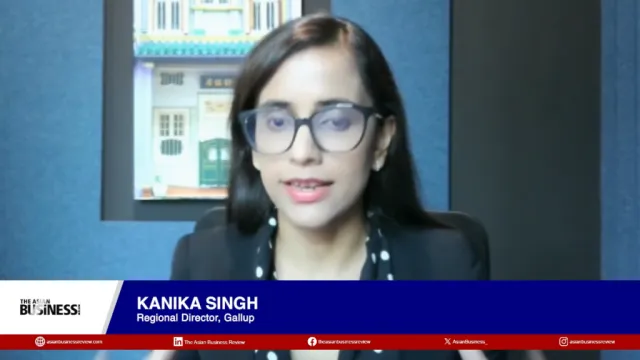
8 investment ideas to achieve affluence in the year of prosperity
Financial experts said active portfolio management is crucial amidst economic uncertainties.
Feng shui experts predict that 2023 will be a year of hope and prosperity, however, financial experts warned that familiar foes like inflation and geopolitics like the rivalry between the G2 powers of China and the US will continue to haunt investors during the year.
Stefanie Holtze-Jen, APAC chief investment officer of Deutsche Bank International Private Bank, shared eight investment ideas that can help investors to navigate systemic risks.
Liquid and investment-grade bonds from the US and Europe
According to Holtze-Jen, yields and quality are now no longer mutually exclusive.
“European bank bonds, for example, would seem to be worth greater consideration because underlying capital adequacy and credit risk data have improved substantially in recent years,” she said.
Standard Chartered reported that the 10-year US government bond yield is expected to rise towards 3.75% to 4.0% in the first quarter of 2023 given that the Federal Reserve is maintaining “tight financial conditions for now.”
Citibank, in a separate report, had a similar take saying that they see “potential for pursuing portfolio income” with short- and intermediate-term US dollar-denominated bonds.
Speaking of bonds, Holtze-Jen said active bond portfolio management will remain the watchword in 2023. She said adding floaters, or bonds with variable returns, to the portfolio might be helpful to investors.
Commodity currencies
Europe and the US are expected to see economic recovery in 2023 following their “shallow recession path,” supporting most commodities.
“As the US Dollar turns around, the currencies of commodity-exporting countries such as Australia, Canada, and Norway seem to have catch-up potential,” Holtze-Jen said.
Standard Chartered said Australian dollars (AUD) and Canadian dollars (CAD) are likely to “trade range-bound over the next one to three months as the risk of a global growth slowdown is likely to cap commodity prices.”
“However, as we move through 2023, the broad-based USD weakness, expected improvement in China’s growth outlook and the correction of the fundamental undervaluation based on Terms of Trade, especially for AUD/USD, are likely to enable commodity currencies to appreciate by 3-5% vs the USD,” Standard Chartered reported.
Within emerging markets, Holtze-Jen said countries like Brazil, Chile, and Peru or “the ones that are profiting from high commodity prices” look good for FX exposure.
“South America’s central banks were also quick to start raising their base rates which support their currencies,” she added.
Cyclical, cheaper stocks
Investors were advised to look at stocks from sectors that are more cyclical and cheaper in valuation.
For cyclical stocks, Holtze-Jen picked financials, materials like chemicals, and energy stocks since they trade at depressed valuation levels on a historical comparison.
Those wanting to position themselves more defensively must consider stocks from cheaper sectors such as healthcare.
“The sector offers above-average earnings growth supported by strong secular trends at a reasonable price,” the expert said.
According to Citibank, demand for healthcare “will likely grow faster than the economy over time.”
“We favour healthcare stocks. They have outperformed the broader market in seven of the past eight times the economy decelerated…We see a compelling case for portfolio exposure to this source of long-term growth,” the financial services company added.
Those investing in stocks must also buy from companies with a strong price-setting power, advised Holtze-Jen, adding that these firms are “likely to be able to pass rising costs on to consumers and thus sustain their margins in prolonged inflationary periods.”
“Stocks, unlike bonds, could show rising nominal returns during inflationary phases,” she added.
Europe
In terms of location, Asian investors should look into Europe, given the acuity valuation discounts in the region seem to be “disproportionately high” despite the economic and geopolitical risks.
“Extensive fiscal programmes and high levels of savings should buoy private consumption and expected stronger Chinese growth will be important to many European companies,” Holtze-Jen commented.
Standard Chartered advised investors eyeing investments in Europe to look into “financials given inexpensive valuations and improving earnings on the back of higher interest rates.
“We also prefer the energy sector, given the still significant sector discount, compared with history,” the financial services company said.
Citibank, on the other hand, favours defensive sectors such as healthcare and consumer staples and has become less constructive on energy and industrials.
“We continue to see upside potential for green energy and infrastructure going into 2023, given Europe’s need to diversify its energy mix away from Russian natural gas dependence,” Citibank added.
Asian markets
Amongst emerging economies, Holtze-Jen said Asian markets remain the most attractive, particularly countries in the northern markets like South Korea, Taiwan, and China which saw strong declines in valuations in 2022.
“The average drop in these equity markets was around 20%, a trend that has now been partially reversed. These markets may make a comeback when the macroeconomic environment and investor sentiment improves,” she said.
In China, Standard Chartered said it would buy the communication services and consumer discretionary sectors, which it expects “to benefit from increasingly supportive policies and reduced mobility restrictions.”
Apart from the northern Asia markets, Holtze-Jen said India and Japan can also “outperform” in 2023.
”India is currently expanding its manufacturing on a massive scale and launched a major infrastructure investment programme in early 2022 to encourage foreign company offshoots,” she said.
“The Japanese government is banking on comprehensive fiscal support to alleviate the energy crisis for its domestic businesses,” she added.
In India, Standard Chartered would buy the financial, industrial, and consumer staples sectors, saying these will benefit from domestic demand.
Alternative investments
Alternative investments are key to investors seeking a yield in excess of the market return. Examples of this are actively managed illiquid investments such as private equity, private debt (non-bank corporate financing), venture capital, and infrastructure investments.
Standard Chartered said the illiquidity of private assets can “reduce price volatility, helping smoothen portfolio returns.”
Citibank also reported that private equity remains the asset class with the highest Strategic Return Estimates (SRE) at 18.6%.
ESG strategy
Holtze-Jen said an environmental, social, and governance (ESG) strategy may improve the portfolio risk/return and at the same time should facilitate the achievement of certain desired investment goals under certain circumstances.
It may also reduce the risk of stranded assets or investments in sectors or companies that could lose substantial value due to regulatory restrictions or a switch to new renewable, energy transition, or other technologies.
“Infrastructure is the backbone to sustainably growing economies. Climate change and the energy crisis require huge public and private investments, in particular new, economy (digitalisation, e-mobility) and old economy (grids, transport) investments,” she said.
Gold
Like what the saying “old, but gold” implies, gold remains relevant as ever to investors seeking to diversify their portfolio over the longer term.
Holtze-Jen, however, warned that rising real yields and USD strength could prove to be near-term headwinds to the asset class.
Standard Chartered echoed this in its report saying that on a three-month horizon, the precious metal is expected to initially remain under pressure “as inflation slows ahead of nominal interest rates, keeping real (net of inflation) yields supported in Q1 2023.”
Over the next 12 months, Standard Chartered expects gold to rise as the “Fed rate-hiking cycle pauses and the focus shifts to rate cuts amidst rising recession risks.”
“Gold has been a superior hedge in the past recessions, and it arguably retains its safe haven properties during times of crisis. A weaker USD and central bank and physical demand are other key drivers behind our
constructive view,” the investment bank said.
Keys to prosperity
Overall, Holtze-Jen said active portfolio management and a strategically well-diversified portfolio are equally crucial to achieving “prosperity” in the year 2023.
“Whilst the familiar foes, the known unknowns, will continue to challenge investors: inflation, geopolitics, the fight for global technology leadership, the COVID-19 pandemic, China’s ailing real estate market and a sell-off 2.0 in the bond market, the unprecedented economic environment we’re in, navigating the risks of the unknown unknowns or systemic risks will also be equally crucial,” she said.
The financial expert said investors must also keep in mind that frequent portfolio adjustments to rapidly changing macro factors are necessary.
More importantly, Holtze-Jen said investors should stay wary of the fact that pursuing cautious investment strategies does not necessarily lead to better results than a more aggressive, equity-focused approach.

 Advertise
Advertise



